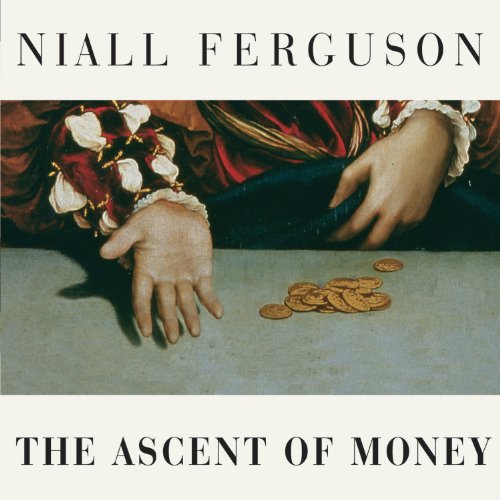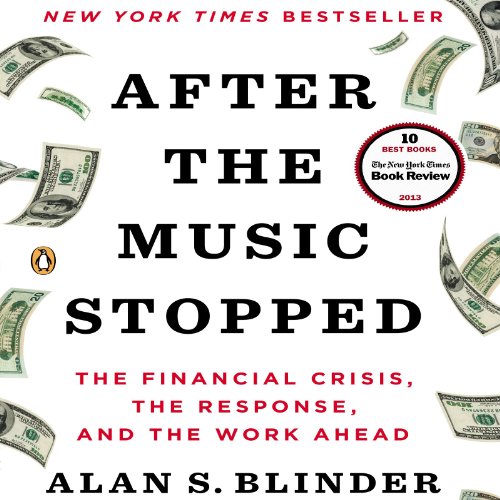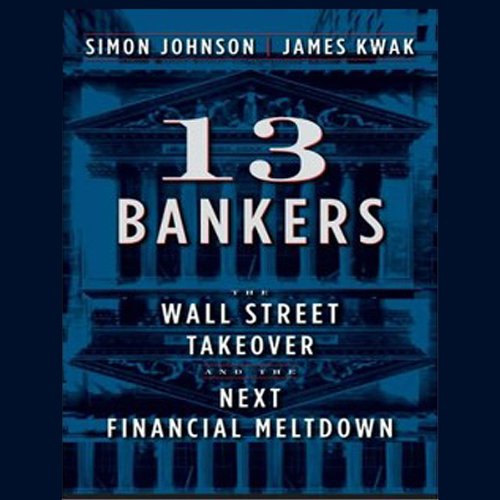
 Audible sample
Audible sample  Playing...
Playing... 
 Paused
Paused  Your audiobook is waiting!
Your audiobook is waiting!
Enjoy a free trial on us
$0.00$0.00
- Click above for unlimited listening to select audiobooks, Audible Originals, and podcasts.
- One credit a month to pick any title from our entire premium selection — yours to keep (you'll use your first credit now).
- You will get an email reminder before your trial ends.
- $14.95$14.95 a month after 30 days. Cancel online anytime.
Buy
-13% $19.10$19.10
Foolproof: Why Safety Can Be Dangerous and How Danger Makes Us Safe
 Audible Audiobook
– Unabridged
Audible Audiobook
– Unabridged
How the very things we create to protect ourselves, like money market funds or antilock brakes, end up being the biggest threats to our safety and well-being.
We have learned a staggering amount about human nature and disaster - yet we keep having car crashes, floods, and financial crises. Partly this is because the success we have at making life safer enables us to take bigger risks. As our cities, transport systems, and financial markets become more interconnected and complex, so does the potential for catastrophe.
How do we stay safe? Should we? What if our attempts are exposing us even more to the very risks we are avoiding? Would acceptance of danger make us more secure? Is there such a thing as foolproof?
In Foolproof, Greg Ip presents a macro theory of human nature and disaster that explains how we can keep ourselves safe in our increasingly dangerous world.
- Listening Length8 hours and 43 minutes
- Audible release dateOctober 13, 2015
- LanguageEnglish
- ASINB0167A5C1I
- VersionUnabridged
- Program TypeAudiobook
People who bought this also bought
- Audible Audiobook
- The Coddling of the American Mind: How Good Intentions and Bad Ideas Are Setting Up a Generation for Failure
 Audible Audiobook
Audible Audiobook - Audible Audiobook
- Audible Audiobook
- Audible Audiobook
Related to this topic
- Audible Audiobook
- Audible Audiobook
- Audible Audiobook
- Audible Audiobook
- Audible Audiobook
Only from Audible
- Audible Audiobook
- Audible Audiobook
- Audible Audiobook
- Audible Audiobook
- Audible Audiobook
Product details
| Listening Length | 8 hours and 43 minutes |
|---|---|
| Author | Greg Ip |
| Narrator | Jeremy Arthur |
| Audible.com Release Date | October 13, 2015 |
| Publisher | Hachette Audio |
| Program Type | Audiobook |
| Version | Unabridged |
| Language | English |
| ASIN | B0167A5C1I |
| Best Sellers Rank | #390,470 in Audible Books & Originals (See Top 100 in Audible Books & Originals) #35 in Microeconomics (Audible Books & Originals) #120 in Macroeconomics (Audible Books & Originals) #134 in Disaster Relief Studies |
Customer reviews
Customer Reviews, including Product Star Ratings help customers to learn more about the product and decide whether it is the right product for them.
To calculate the overall star rating and percentage breakdown by star, we don’t use a simple average. Instead, our system considers things like how recent a review is and if the reviewer bought the item on Amazon. It also analyzed reviews to verify trustworthiness.
Learn more how customers reviews work on Amazon-
Top reviews
Top reviews from the United States
There was a problem filtering reviews right now. Please try again later.
The author paints a broad picture: river flooding and antibiotic resistance, catastrophe insurance and credit default swaps, automobile and airplane safety, and a dozen more topics. He writes in a familiar modern style -- brief histories of the topic, accompanied by interviews with or stories about individuals.
To me, the book constitutes a very readable part of a first look at the big picture of risk in the "public policy" sense. However, looking at these particular topics through this particular lens gives only part of the story. As another reviewer commented, if you want to engage a conversation with someone knowledgeable about one of these topics, you had better learn a lot more.
Given the author's background in Financial Journalism, it is unsurprising that stories of financial disasters and the events leading to them take up a lot of pages. Greg has of course done a good job in relating them to the main theme of the book, the safety paradox (how making trying to make ourselves safer from one thing makes prone to disaster elsewhere).
If you like a good insightful read on the human obsession of self preservation and protection then this is an interesting book. It covers a lot of topics but is very heavy on financial disasters and their history.
There was great potential to show insights into what neuro-psychological research has revealed about our behaviour but sadly that was lacking in this book. It is a good book to read once but not something I'd keep as reference.



















